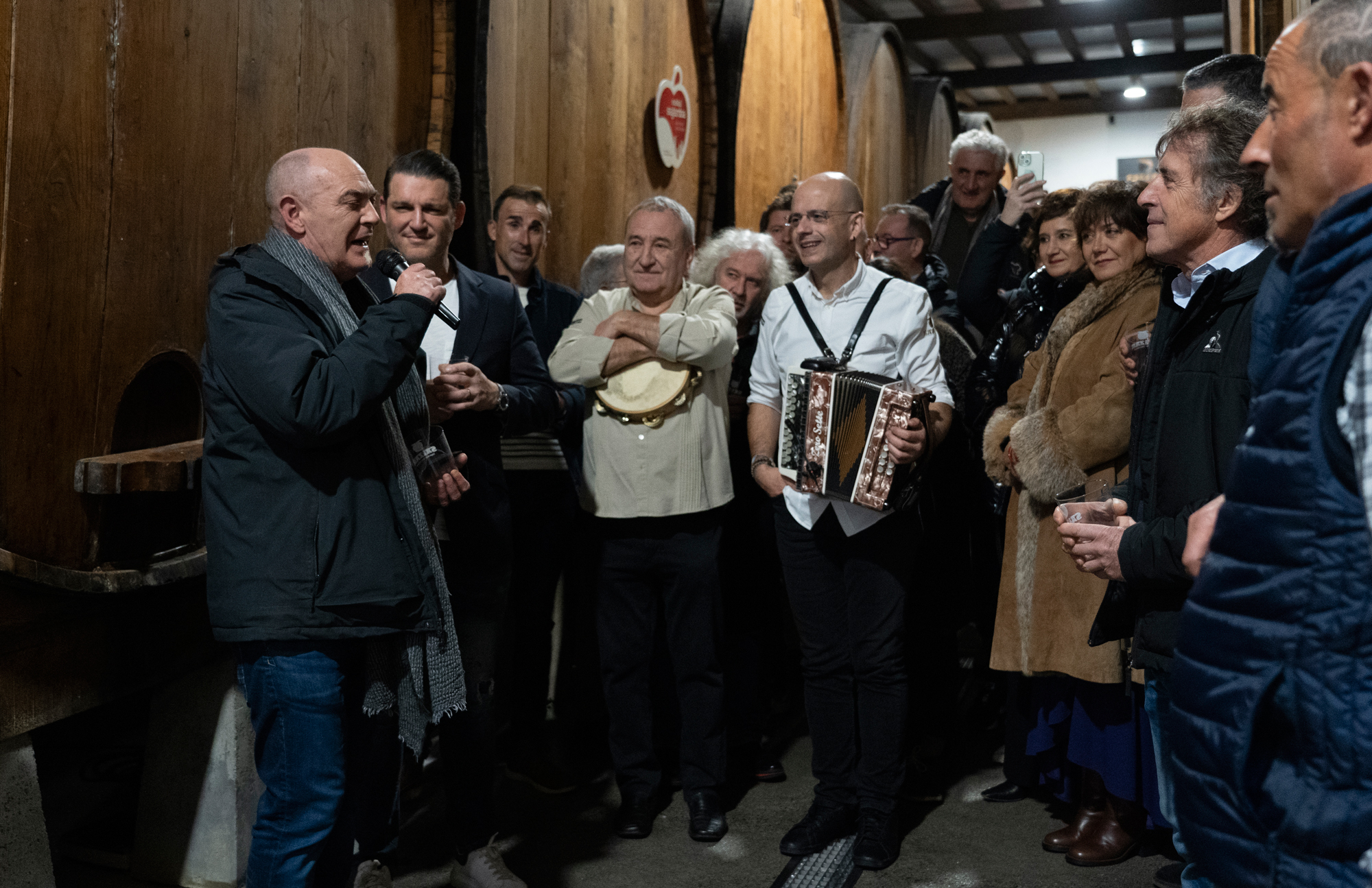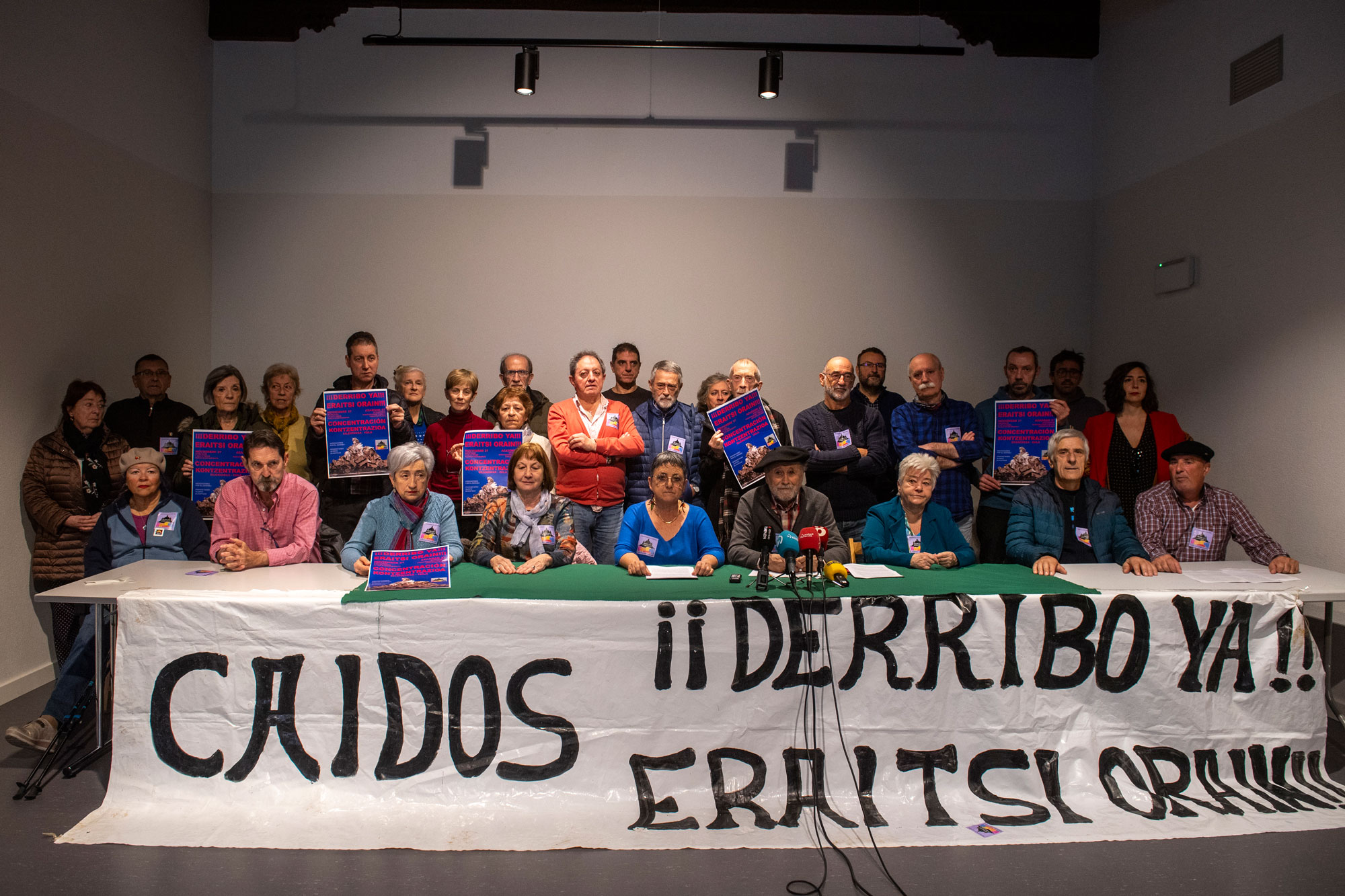Criticism of prevention
- French cardiologist Claude Beraud is a renowned specialist in the French health system. Les médicaments sans tabou: Pièges, mensonges et vérités (Non-smoking remedies: traps, lies and truths) and Le Rapport Béraud. The non qualité médicale et économique du systems ème de soins (Beraud dossier. The lack of medical and economic quality of the surveillance system). We have selected some passages from the article La médicalisation de la santé et du mal-être (Medicalization of good health and restlessness) published in the blog Pharmacritique by the philosopher Elena Pasca.

The majority of the population considers that the preventive procedures recommended by the State are sound and effective. They're wrong. Getting prescriptions to stay in good health, whether medicines, blood tests or radiology, is a safe way to get sick.
Analytical actions and other ineffective and also dangerous prevention actions are proposed to people in good health. The new campaigns are based on incomplete data, the scientific and statistical value of which is not proven, are provided by industrialists and, very often, endorsed by experts influenced by the industries that promote them. Public and private institutions launch in these prevention campaigns from all the media a false message of effectiveness, but people believe them. In the end, this ineffective policy generates illness, multiplies disease and generates a financial disaster.
How do we understand patient behavior?
Five mechanisms help to understand how sick people behave like sheep.
Fear. From newspapers and magazines, television programs and authorities documents we are constantly reminded of the need to take care of health and to communicate any symptoms to the doctor. This uncertainty aggravates citizens, who think that only medicine is going to solve them, which explains how more action is taken with emotion than with memory. This fear is used by health professionals, whether in traditional or parallel medicine, to increase their power over patients.
Population ageing. This, in addition to physically weakening, increases concern for health. Over the years, death approaches and touches family and friends. The slightest indication of body weakening makes the use of the doctor an obligation, and this is believed by the elderly, prolonging their life expectancy.
Dependence of the Western population on medicine and doctors. The images of medicine deteriorate completely by health professionals, but also by political leaders and the media, praising the constant advances of medical sciences. This symbolic violence is the one used by professionals about the patients, from the first day of their stay in the hospital, throughout their career and professional life. Patients always accept the proposed diagnoses and therapies. In daily practice, they are not asked for approval.
The patient believes that he is free of choice, but without realizing it, he accepts the decisions of the doctors and their rules. The population depends on these professionals. By losing all critical sense, it joins the speeches of official and alternative medicine that are constantly being renewed. This symbolic violence is exerted on all social classes.
People's belief in the decisions of medical and medical science. This explains how doctors unrestricted acceptance of all recommendations and how they are subject to medicine. These beliefs are based on three approvals. To the speeches of politicians and institutions (social security, health societies, education, universities, research centers, medical associations…). Regarding media messages, everyone praises the advances and results of medicine. To doctors, both when interviewing the patient individually and when they offer their opinions and recommendations on television. The violence of doctors is being considered as legitimate by the citizens in terms of the contribution of scientific data. These are in fact only expert opinions, are rarely discussed and are often based on personal opinions rather than scientific knowledge.
Dependence on the medical power. In order for citizens to fight this dependence that can become dependency and regain their freedom to be and do, two conditions are necessary: on the one hand, the democratic functioning of institutions and medical health structures, but, on the other hand, that the patient refuses to obey the orders of professionals if the reasons for their recommendations are not known and understood. Obedience implies submission.
Prevention pending
On the other hand, there is a lack of a real prevention policy for behaviors that are at the base of many pathologies (cardiovascular, cancer, food). The so-called "diseases of civilization" 50 years ago are related to the excess of food and drink and sedentary life, which correspond to developed countries. Today they are spread all over the world and they are an epidemic in the West.
It would be reasonable and effective to strengthen the fight against health risks related to non-medical causes (accidents, behaviour and the environment). But that struggle would involve very complicated political decisions, because that would call into question the customs of citizens, the ideology of doctors, the power of health professionals and the development of the health industry.
Three determinants of people's behavior are ignorance, poverty and social inequality. To address the lack of awareness of risks, prevention should be primary and act as a priority in children, young people, teachers and parents. Training should not be confined to schools, but should be community-based, linking medical services, municipalities, sporting and cultural entities and social entities. On the contrary, the intervention of individual behaviour is ineffective, as it is often necessary to work between the environment and degraded lifestyles.
Poverty is an important risk factor. Many studies have shown that poverty shortens life expectancy. The fight against poverty is key to the effectiveness of public health, as it can only improve food, shelter, hygiene, heating, education and quality of life in general. Society criticizes the conduct of poor people, but they are the victims of a society that has denied them the means to ensure their health. Let us not blame the victims.
Inequality in benefits also generates health inequalities, even leaving aside poverty. In a society where inequality is great, the level of health is low, not just because the poor are many. An increase of 0.05% in the Gini inequality coefficient in a population would result in the deaths of 1,500,000 people in the 30 OECD countries.
The medicine considered preventive has three main defects: aggressiveness, presumption and pride. This was written in 2002 by David Lawrence Sackett, one of the most famous in the world for having invented a “evidence-based medicine.” Aggressiveness, because prevention often catches people who do not seek medical care, to whom the health professionals tell them what they have to do in order not to be sick. The presumption, because prevention proclaims without irrefutable evidence that those who follow their orders will benefit more than from harm. And pride because it doesn't support criticism.
Tafallan, nekazal giroko etxe batean sortu zen 1951. urtean. “Neolitikoan bezala bizi ginen, animaliez eta soroez inguratuta”. Nerabe zelarik, 'Luzuriaga’ lantegian hasi zen lanean. Bertan, hogei urtez aritu zen. Lantegian ekintzaile sindikala izan zen;... [+]
Alarma jo du, beste urte batez, OIP Presondegien Nazioarteko Behatokiak. Abenduaren lehenean marka berri bat hautsi zen frantses estatuan, 80.792 pertsona atxiloturekin. Espetxe-administrazioaren aitzinikuspenen arabera, gainera, 86.000 baino gehiago izan litezke 2027an egungo... [+]
These were my last words when we left, held hand in your deep breathing sleep. Your heart stayed forever without a special, simple, dignified pain. As you want and demand. How we want and respect.
Already a month before the arrival of winter, the last days of the longest night,... [+]
AMAK
Company: Txalo teatroa.
Created by:Elena Díaz.
Address: Begoña Bilbao.
Actors: Finally, Ibon Gaztañazpi will account for the details of Intza Alkain, Tania Fornieles, Oihana Maritorena and IRAITZ Lizarraga.
When: 10 January.
Where: Auditorio Itsas Etxea... [+]







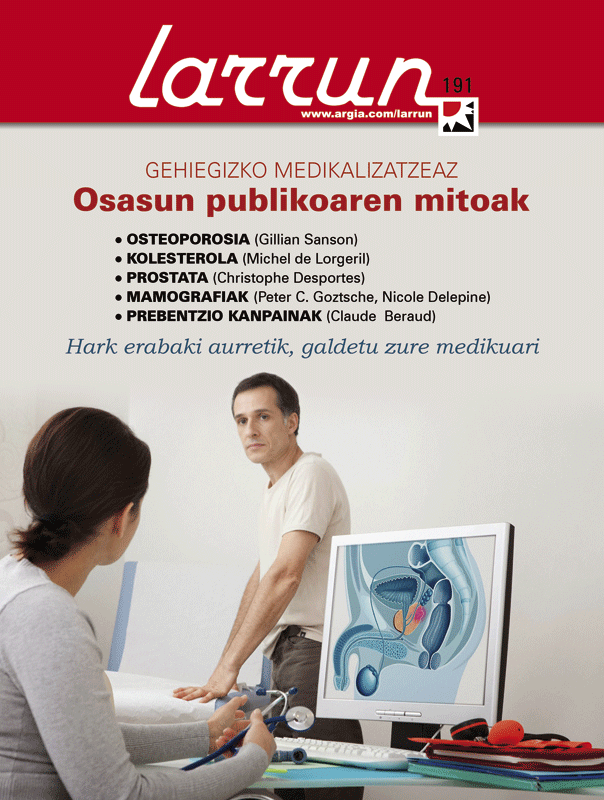

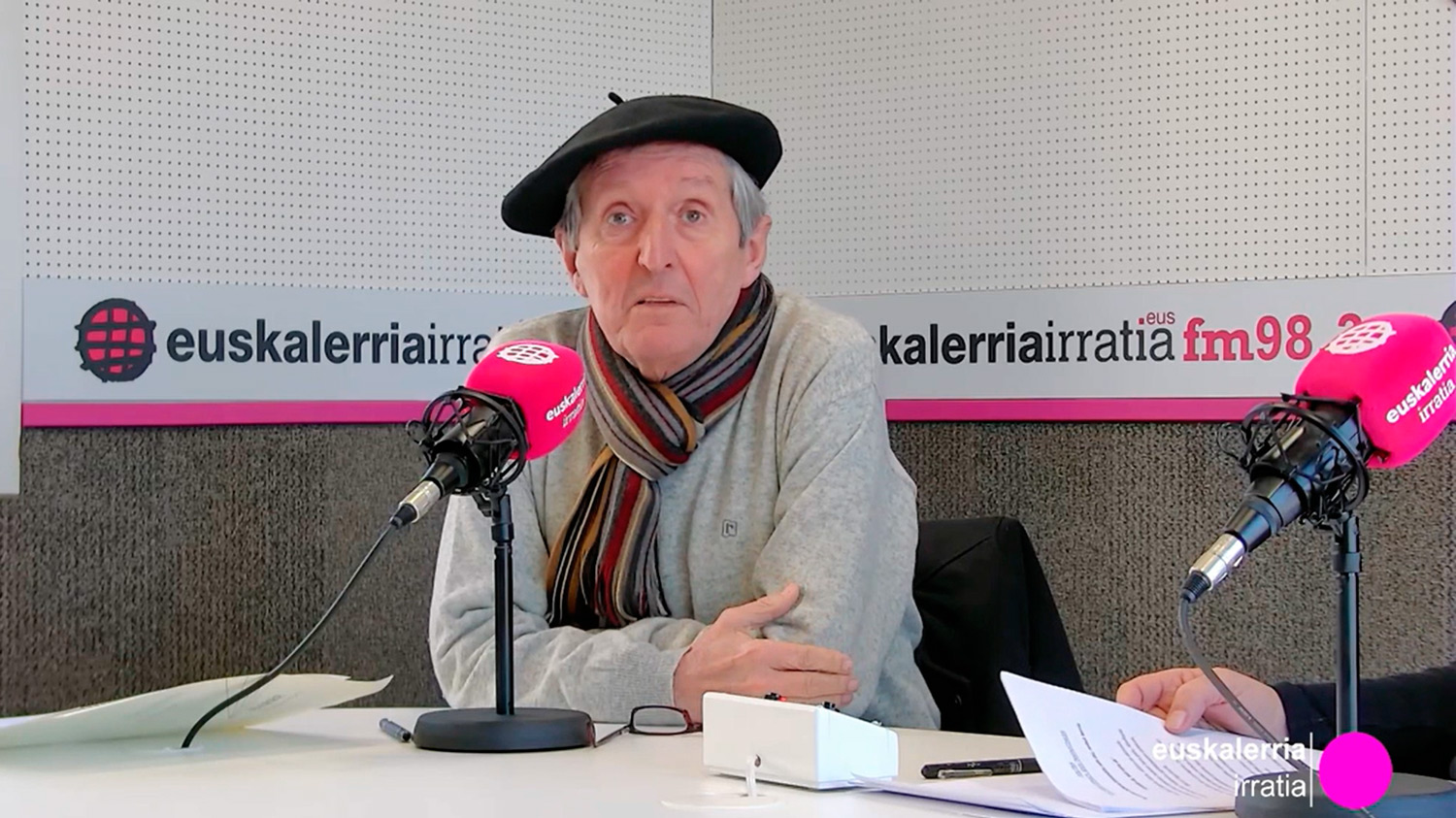



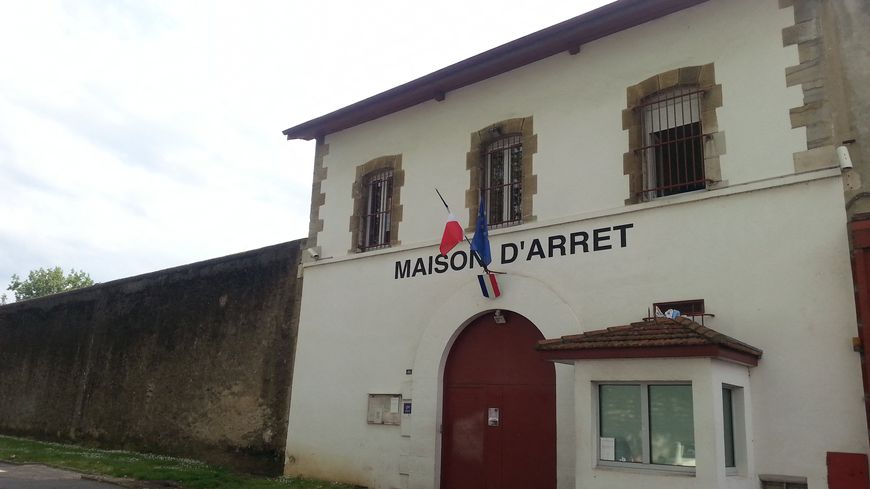
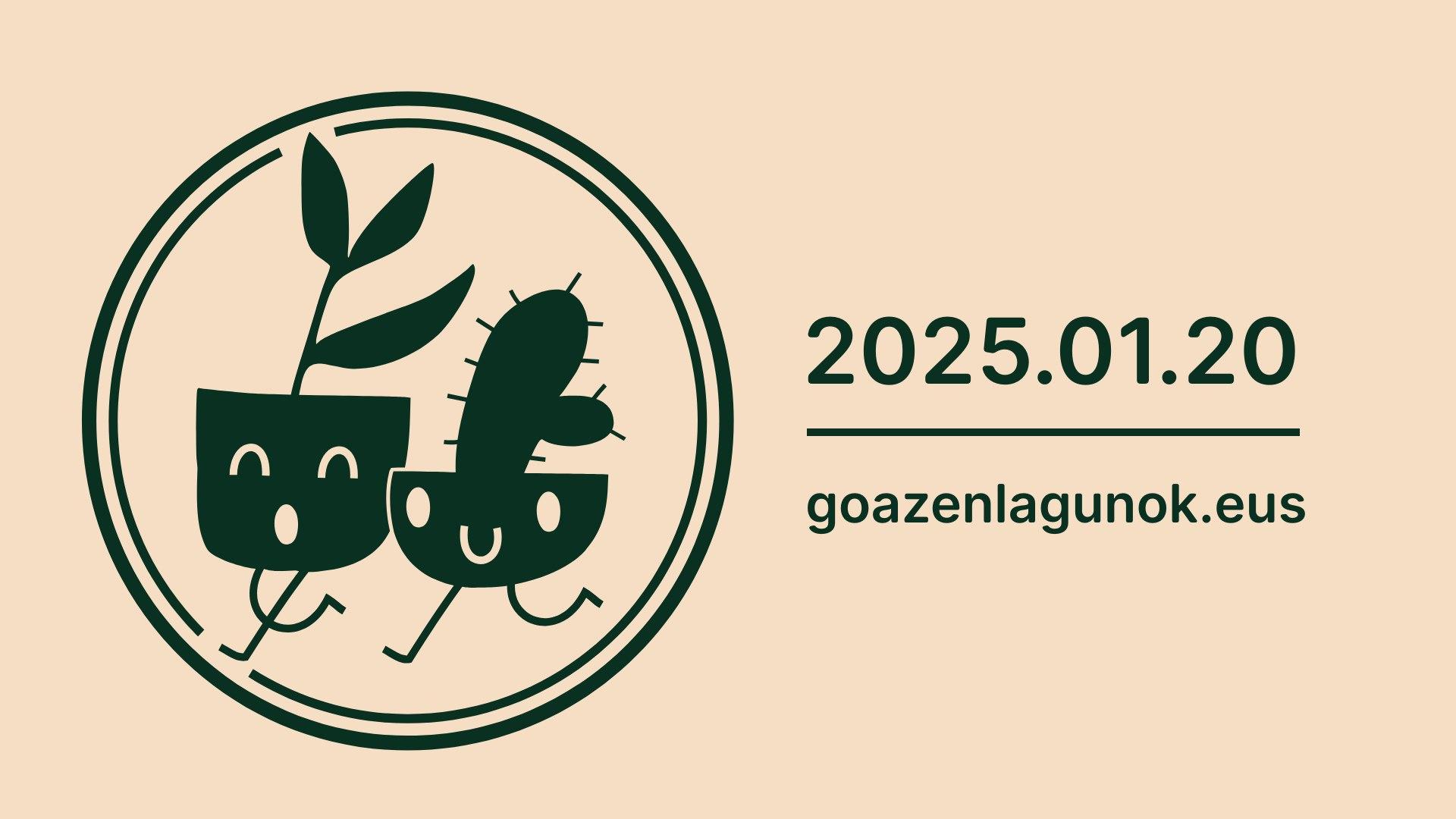




.jpg)


